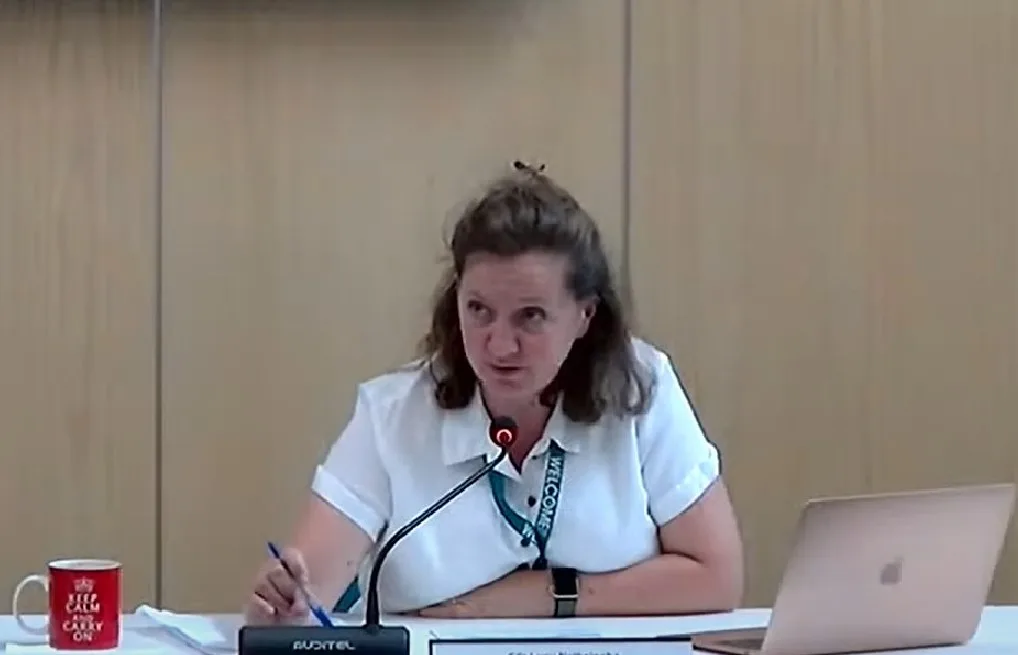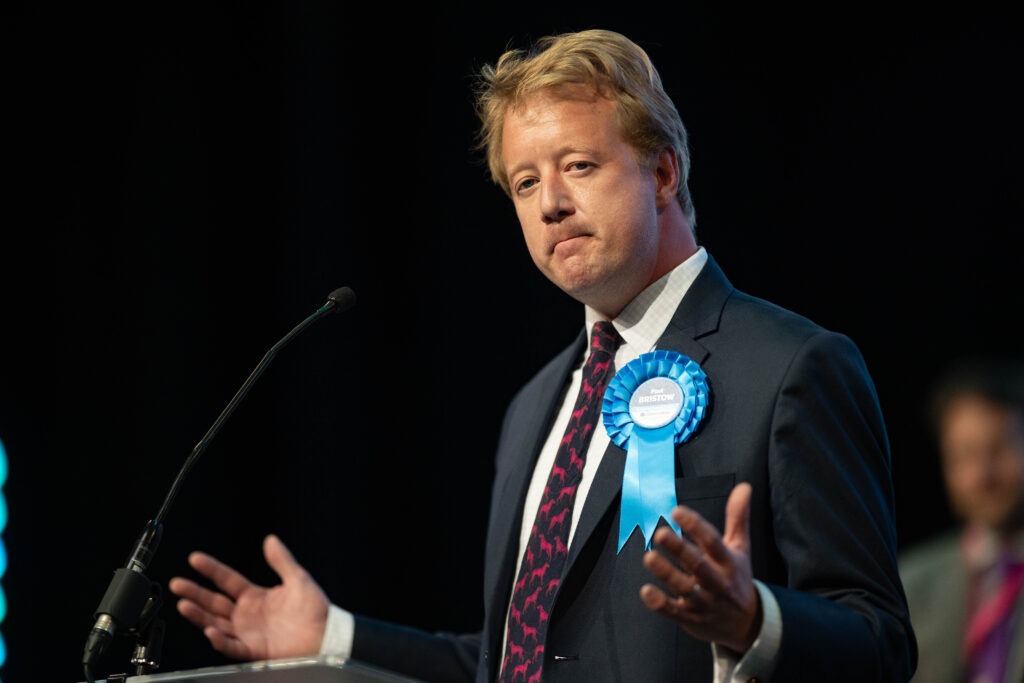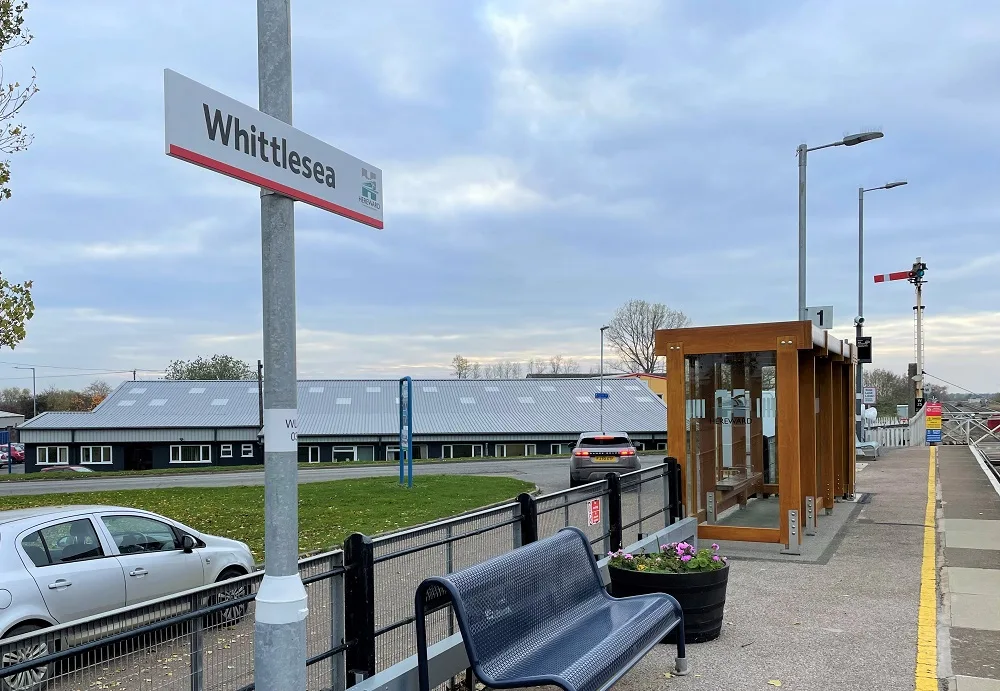The Cambridgeshire and Peterborough Combined Authority (CPCA) is to scrutinise the appointments of two advisory positions made by Mayor Paul Bristow, following a referral to the Overview and Scrutiny Committee (O&S) scheduled for 13 November. The review centres on the Mayor’s decision to appoint a light rail commissioner and a planning commissioner.
Background and referral
The referral was submitted by two CPCA Board members, Councillors Bridget Smith (leader of South Cambridgeshire District Council) and Lucy Nethsingha (leader of Cambridgeshire County Council), who raised concerns over the process and legality of the appointments.
Councillor Nethsingha explained: “I think it is important that we get good governance in place from the start over appointments at the CPCA, particularly as there have been problems over a number of years with appointments made without due process. My desire to have the process around these appointments looked at is not related to any of the individuals concerned.”
She added: “Having individuals appointed to roles for which there is no job description and where the role of the individuals concerned is not clear will lead to major problems for staff at the CPCA, for partners and for our assurance processes.”
Councillor Smith highlighted key areas of concern: “This decision concerns the Mayor’s appointment of two individuals as ‘commissioners’ – one for light rail and one for planning.
“These roles are described as having responsibilities that include liaising with central government, constituent authorities, and other public and private sector stakeholders. It is clear that these positions will involve representing the Combined Authority externally and not merely advising the Mayor.”
Smith also questioned the legal basis for the appointments.
She said: “The English Devolution and Community Empowerment Bill, which would formally enable Mayors to appoint commissioners, is still under parliamentary scrutiny and has not yet become law.
“The Mayor has instead relied on the General Power of Competence under Article 12 of the Cambridgeshire and Peterborough Combined Authority Order 2017. This provision requires the Mayor to consult the Combined Authority before exercising such powers. I am not satisfied that this consultation has taken place, either in principle or in relation to the specific appointments made.”
Concerns over appointment process
Smith further outlined procedural concerns: “Given the public-facing nature of these roles, it is essential that appointments be made transparently and on merit.
“I ask the committee to establish: What process was followed in making these appointments; whether other candidates were considered; If other candidates were considered, why they were not selected.
“Whether the Mayor considered the appointees’ previous involvement with the Combined Authority
“Whether any checks were made, including on social media, to identify potential reputational risks, who determined that the appointees had the necessary qualifications and were competent to fulfil the requirements of the post.”
Regarding the term “commissioner,” Smith asked: “I ask the committee to determine whether the roles created by the Mayor are politically restricted; if they are not, why such restrictions have not been applied.”
The Mayoral decision
On 3 September 2025, Mayor Bristow appointed Peter Cushing as Light Rail Commissioner and Councillor Wayne Fitzgerald, a former Conservative leader of Peterborough City Council, as Planning Commissioner.

The decision notice described Cushing’s experience:
“Peter has 25 years of experience in rail and light rail, working on behalf of private and public sector organisations,” including senior roles such as CEO of the Light Rail Safety and Standards Board, Director at Metrolink Manchester, and Midland Metro Alliance Director.
Cushing’s remit is to advise the Mayor “on all matters relating to the assessment, planning, implementation and delivery of light rail and light rail networks within the Cambridgeshire and Peterborough Combined Authority (CPCA) area.” The Light Rail Commissioner is unpaid and has “no decision-making powers.”

Wayne Fitzgerald’s appointment as Planning Commissioner draws on his experience as Deputy Mayor of the CPCA and leadership roles at Peterborough City Council. His responsibilities include advising on the Spatial Development Strategy for the CPCA area, particularly in Peterborough city centre, and liaising with government departments and stakeholders.
Like Cushing, Fitzgerald’s role is advisory, unpaid, and carries no formal decision-making authority.
Mayor Bristow justified the appointments, noting that “to assist meeting the Mayoral objectives and undertake preparatory work in anticipation of further responsibilities expected by legislative changes (currently in principle as set out in the English Devolution and Community Empowerment Bill and the Planning and Infrastructure Bill).”
He rejected alternatives, adding: “To continue without commissioners – this was rejected as it would hinder the advancement of the Mayoral objectives, considering the further responsibilities expected.”
Mayor’s statement to the committee
Mayor Bristow defended both the appointments and the process, highlighting the voluntary nature of the roles.
He said: “I wish to state my gratitude that my two commissioners are willing to perform an unpaid public service by advising me. This is to their credit, as I hope everyone can agree. Points of procedure should not distract from this important fact.”

Addressing consultation concerns, the Mayor stated: “The referral note argues that, when using my general power of competence, I must consult ‘before exercising the function’.
“This confuses the function in 12(1) of the 2017 Order (the power to pay grant) with the powers given to the Mayor in 12(3). There was no requirement for me to consult.
“Despite there being no such requirement, I had already signalled my intention to remove the lead-member system and appoint commissioners with the members of my board. This was discussed more than once at leaders’ strategy meetings and at the board itself. It was also stated clearly in my election manifesto.”
He emphasised the advisory, non-representative nature of the roles.
He said: “My commissioners do not represent the authority and cannot speak on its behalf. The note is wrong to suggest that ‘assisting liaison’ entails ‘representing the Combined Authority to external partners’.”
Regarding comparisons to London deputy mayors, Bristow added: “It is not the case that London’s deputy mayors are subject to a competitive or ‘transparent’ appointment process. They are personal appointees. However, should future commissioners be paid and take a decision-making role, I agree that similar scrutiny provisions to those in London will become necessary here.”
On the use of the term “commissioner,” he clarified: “Although the note says ‘it seems apparent’ that commissioners appointed under the terms in the English Devolution and Community Empowerment Bill will be politically restricted, the Bill does not apply Section 2 of the Local Government and Housing Act 1989, as amended.
“Therefore, this is not apparent and is not reflected in my appointments. It is reasonable for me to anticipate the framework in the Bill, provided this is done compatibly with my current powers.

“For that reason, I have chosen to use the term ‘commissioner’, while recognising that I cannot appoint commissioners in the sense of the Bill until it becomes law. (There is, perhaps, a parallel with the Combined Authority choosing to anticipate an unadopted, emerging Local Plan.) I am confident in the merit and appropriateness of my appointments.”
Committee process and options
At the O&S Committee Councillors Smith and Nethsingha will present their statements, after which committee members may ask questions. Mayor Bristow will then present his statement and respond. The committee will debate the matter and may draw conclusions or make recommendations.
Under CPCA rules, the committee cannot overturn the Mayor’s decision but can make procedural recommendations. Options include:
- “Note the statements provided and acknowledge the concerns raised by the Board members and decide that the Mayoral Decision Notice was arrived at correctly and in accordance with an appropriate procedure.”
- “Note the statements provided and have concerns around how the Mayoral Decision Notice was processed and would like to make a recommendation to the Mayor.”
Strategic context and implications
Financial implications are minimal as both roles are unpaid, with no direct public health or environmental effects. Legally, the O&S Committee can scrutinise but not overturn the Mayor’s decision and can provide recommendations for improving future processes.
Analysis and perspectives
The scrutiny process in this instance highlights tensions between mayoral discretion and collective oversight.
Councillor Smith stated: “It is essential that appointments be made transparently and on merit.”
Councillor Nethsingha echoed concerns about clarity.
She said: “Having individuals appointed to roles for which there is no job description and where the role of the individuals concerned is not clear will lead to major problems for staff at the CPCA, for partners and for our assurance processes.”
Mayor Bristow framed the appointments as necessary for strategic delivery:
“I wish to state my gratitude that my two commissioners are willing to perform an unpaid public service by advising me,” he said. “This is to their credit, as I hope everyone can agree.”
The review will focus on governance, consultation, and transparency rather than the qualifications of the appointees, which are widely recognised. Recommendations may shape future appointment procedures, including clearer role definitions and consultation mechanisms.

















